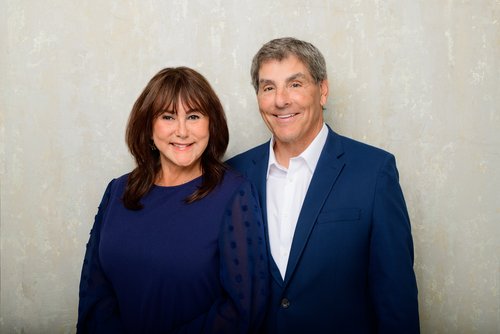A Generational View of Caregiving
/Guest Blogger Adele Lund on Caregiving:
Caregiving, a term that means so many different things to each of us. Our definition is often based upon our experience with it, either firsthand or watching a friend or loved one live it.
What it means can also change depending upon what generation you are a part of. Older adults who are caring for a spouse often come to it with a mindset of it’s their responsibility. It’s not necessarily a conscious decision, it’s just what they’re supposed to do, its’ what they promised when they took their marriage vows many years ago. Our current generation of seniors believes promises made are promises kept. They can also take that commitment to the extreme, being the primary caregiver even when their own health is compromised and deteriorating. It’s not unusual for a senior caregiver to pass before their care recipient.
The current generation of adult children of seniors are equally committed to caring for their parent, but they have a different set of circumstances to consider. Many are working outside the home and can’t be there 24/7. They may have very active lives as they care not only for their parent but also enjoy the gift of grandchildren. They’re more likely than their parents to recognize when a different care plan is advisable. They’re more inclined to take advantage of the wide range of resources available that can support their loved one.
This group of caregivers also has men and women who are incredibly successful professionals, possibly leading a company and directing a large team, but when it comes to telling mom or dad they have to leave their home of many years they struggle. It’s very different when it’s personal.
And then there’s Generation X and Millennials. I’m not convinced they have a strong opinion related to caregiving because many of them haven’t had firsthand experience with it. Their experience is taking care of their children, looking to the future, cleaning up the cute messes and filing them away as memories to be treasured. It’s more about the beginning than an end. And because that whole family unit is still in the midst of making their way through life, finding their place in the future, they may not view caregiving in the same light as those living it 24/7. And how could they?
Clearly these are generalizations. Many individuals will be required to step out of their generational norm to participate in their loved ones lives and care. The lesson for us is while there are many different profiles of current and future caregivers, there is no guarantee that our spouse, our children or grandchildren will be in a position to be a caregiver for us if and when the time comes. Having discussions with our loved ones about what we want, and how we see our future (in good health or bad) is important for our own peace of mind.
Eliminate the fear of the unknown and begin the conversation now. It’s truly a gift that will keep on giving.
This article is a reprint of a blog posted by Adele Lund, Laureate Group’s Director of Community and Business Relations.
For over 40 years, Laureate Group, a local, family owned business has been helping older adults and their families manage the challenges of aging. Laureate Group operates eight senior communities throughout the Greater Milwaukee area.
Additional resources can be found at: blog.laureategroup | www.laureategroup.com
Laureate Cares: 262-832-7113

















